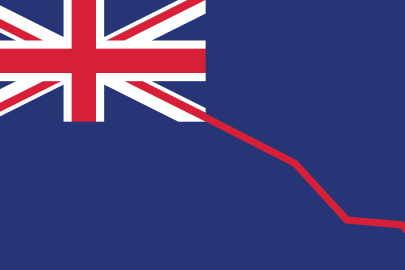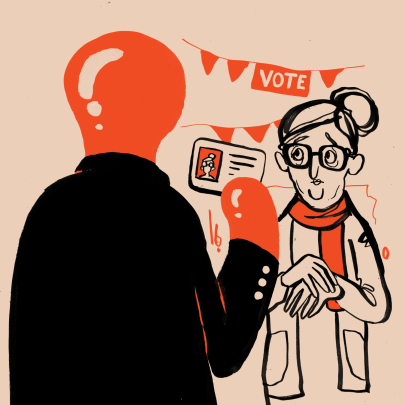Sep 1, 2014 Politics
Savage, Fisher and Nippert are three of the most intrepid investigative journalists we have in this country. We now know from the Slater emails that all were in close enough contact with Slater for him to boast he was manipulating them.
That will be embarrassing for them, and embarrassing for a very much larger number of journalists as well. We all cultivate sources, and we all know that many of those sources try to play us. This is true not just for political journalists but for all journalists. Restaurants, tourism agencies, cosmetics companies… in all sorts of ways, everyone looking for good press does their best to influence us. And, in my experience, the rule of thumb is that the ones who are “friendliest” are the ones working hardest to compromise our independent judgment.
And yet the friendliest contacts often also the best sources. They tell you more. Just as they find value in staying friendly with you, so you find value in staying friendly with them.
Knowing how to draw the line on what they tell you isn’t easy. I imagine most journalists have from time to time realised they have been played – that they have written or broadcast something that turned out to serve a partisan interest at the expense of the truth.
David Fisher at the Herald has already written of his difficulty with this, in relation to Cameron Slater. He has also, demonstrably, continued to probe the story. He’s doubled down on it, and good on him.
Matt Nippert has also doubled down: in the Sunday Star-Times he dug deeper into the story around Mark Hotchin and the apparent campaign by Slater, Cathy Odgers, Carrick Graham and others to influence the Serious Fraud Office and the Financial Markets Authority. Good on him too.
It takes courage to do these things. Cameron Slater blogged yesterday that the Herald editors should “start talking with all their journalists then and get them to fess up…I can help them with the list if they like…its long. Same with TV3, Radio Live and Fairfax.” (The ellipses are his.)
We know what this means. Because of their informal, ongoing relationships with him, Slater is likely to hold emails and/or other material that compromises the integrity of several journalists. Some of it may simply make them seem naïve; some of it may suggest something worse. Slater’s statement reads like a threat to start releasing this material, as part of his own attempt to double down on those he now regards as enemies.
Last Wednesday, Nicky Hager told a packed public meeting in Mt Eden that since publication of Dirty Politics, he has been struck by how many journalists have come up to him, worriedly, to ask if he’s seen any emails that implicate them.
This is insidious. We need our Fishers and Nipperts to stay on the case. But even more than that, we need a whole lot of other journalists to get on the case.
What is that case? At the least, the evidence is strong that a rogue political lobbyist and his colleagues-in-arms, working in close liaison with a staffer in the prime minister’s office, have used a range of bullying and deceitful tactics, over several years, to subvert democratic processes – and while they did this they enjoyed the patronage and personal support of a minister of the crown. That’s the best that can be said.
What’s the worst? We don’t know. There are allegations, based on evidence, of criminality. And we really don’t know how high up the political ladder it reaches. But we do know that the prime minister did not move against Judith Collins until he absolutely had to, and we do know he has consistently declined to condemn Cameron Slater or his behaviour. On the contrary, he continues to claim, on the basis of no evidence at all, that Nicky Hager’s revelations have been discredited.
It’s still being argued, in some quarters, that this is a distraction from the real issues of the election. The same was argued most famously in the US in 1972, where, with the most popular president of the modern era facing re-election, it was discovered that the campaign office of the leading opposition party had been burgled.
The early revelations of that burglary and its implications did not dent the popularity of Richard Nixon at all: he went on to win an unprecedented 49 of the 50 states. Few journalists pursued the story in its early weeks, and no one knew where it would lead.
But those few who did get on the case knew it was a story that must be told. A government cannot function with moral authority if it does not deal with allegations of corruption. Journalists cannot do their jobs if they are threatened and compromised by those arrayed against them.
What’s most at stake here is not merely the careers of some politicians, or journalists, or bloggers. It is our political culture. Whatever’s been done – whether it’s truly terrible or merely very bad – if the perpetrators get away with it, there will be worse to follow.
Illustration by Daron Parton.





